
Eleven years after Chinese rocker Cui Jian started the "live vocal" movement, he eventually made it to TV, the main vehicle of the lip-syncing that he opposes so much. During the Chinese New Year, Cui performed for the first time at the Spring Festival galas of Beijing, Anhui and Hunan.
Meanwhile, netizens accuse half of the singers at the Spring Festival Gala of China Central Television - by far the country's most popular TV show - of lip-syncing to hundreds of millions of viewers.
Lip-syncing is an open secret in the Chinese music industry, which is dominated by TV.
Mainland singer Sun Nan, Hong Kong singer Alan Tam and Malaysian singer Tan Kheng Seong have all admitted their lip-syncing at the request of CCTV. According to Chinese pop singer Li Chunbo, 99 out of 100 Chinese singers have lip-synced.
Huang Yihe, a retired director of the CCTV gala, once said that using pre-recorded vocals was the norm of the show. Lang Kun, another veteran director of the show, said in 2009 that "live singing is a difficult task for the CCTV gala".
Maybe we shouldn't be too fussy with Chinese lip-syncers, since this is an international phenomenon. For example, Beyonce lip-synced the national anthem of the United States in January during President Barack Obama's inauguration.
Beyonce later admitted at a news conference that she did so "due to the weather, due to the delay, due to no proper sound check". But so far, none of the Chinese singers suspected of lip-syncing at this year's CCTV gala has made any public comment.
Although there is no substantive evidence, nobody would be surprised if lip-syncing really happened at this highly contrived show. Even the applause was planned and prompted by staff hidden in the audience.
 |

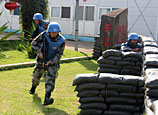
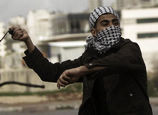

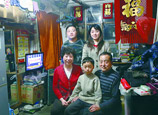
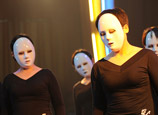
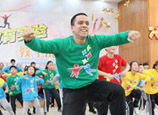

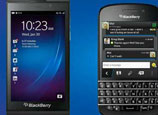
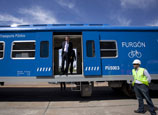






 Village teacher with his back basket
Village teacher with his back basket


![]()
